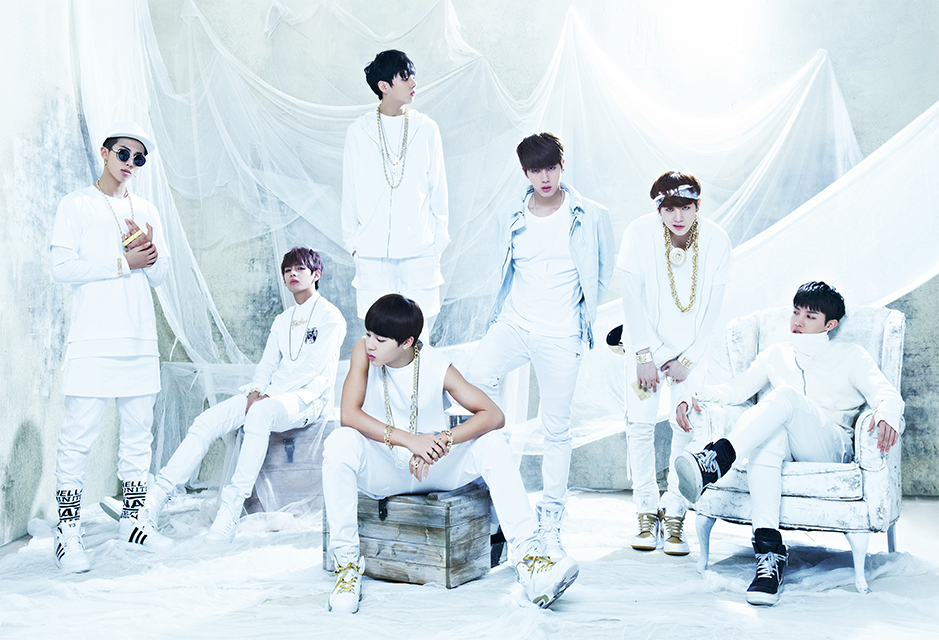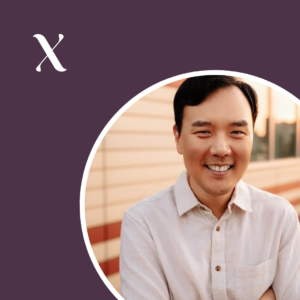This article is a little throwback to my teenage years and a glimpse into what shaped me today. I will talk about adolescence and the 2 unlikely things that saved me in the midst of this challenging stage of life – K-pop and rebellion.
Adolescence
Adolescence is defined as the stage of transition from a child to an adult. In my opinion, it is the hardest stage of life. If I had to use a word to describe my adolescence, it would be a “wreck“.
Aside from physiological changes (Wth is happening to me?!) which are overwhelming enough, there are also significant changes happening on a psychological level.
An adolescent finds him/herself in the face of many contradictions.
It is a time of having to break free from the dependence on caregivers but barely having enough power in the world (in terms of financial ability, social status or knowledge).
It is a time of having to find one’s unique identity (sense of “I”) but also somewhere to fit in and belong to.
It is a time of having to make sense of a world which is not at all like the fairytales told in childhood.
A Rebellious Phase
Adolescence also marks the start of a rebellious phase in one’s life.
More often than not, there are negative perceptions attached to rebellion. What comes to mind would be a juvenile delinquent, deviant or dissident.
I certainly think it is unjustified to think so. In fact, rebellion is a cause for celebration. It is when one can assert his/her individuality to say “No!”. The significance of this has to be understood. It can only come from the beginning of self-knowledge where one knows their preference (‘I like/don’t like this’) and can formulate their opinions (“I think…”).
My Teenage Rebellion
Truthfully, I was a rebellious teenager. It was not apparent on the outside. I did not skip school, get into bad company or engage in risky activities whatsoever. Yet, I did have a lot of differing opinions from the norms and authorities that I was expected to follow.
My rebellious phase started pretty early at the age of 11. I remember voicing my objections to the way that my parents were treating me and the pressure that I was under to study hard for my PSLE (Primary School Leaving Examination), the first high-stakes national examination.
Unsurprisingly, my parents were very displeased. My objections were taken to be “顶嘴” (ding zui, or “talking back”) which is a behaviour that is frowned upon. It does not help that the Confucian value of filial piety holds much weight in Chinese families. Children are expected to be obedient to their parents and defiance is seen as a sign of disrespect.
The debilitating sense of powerlessness on top of the struggles of adolescence gradually sent me into a deep descent. I stopped rebelling outwardly. But deep down, the flame of rebellion never actually died.
K-Pop In My Youth
During those years, I found solace in something unexpected which was K-pop (Korean pop). When I was 12] (2010), the Hallyu wave was just starting to make its way throughout Asia. K-pop was one major part of the wave. Although it is named “K-pop”, it covers a wide range of genres from pop, rock, hip hop, R&B to electronic music. It is also characterised by idol groups which often consist of 4 or more members.
After I watched my first few K-pop music videos (Super Junior/Girl’s Generation), I became hooked. Stylish idols, catchy beats, synchronised choreographies and aesthetic music videos… What is there not to love? I became quite a diehard fan. At one point, everyone in class knew me to be the K-pop fangirl.
One reason why I was so enamoured with K-pop is that I had not seen such a vibrant and creative form of expression. And I was trying to develop that self-expression in my teenage years.
Although the K-pop industry is known to be highly manufactured, there is creative agency given to idol groups too. Some members with a flair for composing write the songs and tell their personal stories in it.
I found solace as it validated my experiences and made me feel that I was not alone. It gave me the inner strength to keep on going even when external reality was downright depressing.
One could have easily called it escapism or superficial fangirling, but there was more to it.
Rebellion in K-pop
Over the years, the debut of many groups catalysed the evolution of K-pop into various subgenres and concepts. From cute to sexy, cheerful to dark. One of my favourite concepts was the rebellious concept. There are undoubtedly no better candidates than the youth to express this.
It is not rebellion for rebellion’s sake. There are good causes for rebellion which make sense when one examines the context of society.
Korean society has a few striking similarities to Singaporean society. Both rose from one of the poorest countries to the richest ones in terms of per capita GDP in a short span of a few decades. With a lack of natural resources, both put focus on human resource. As a result, people in both countries highly value education.
Like in Singapore, Korea has high academic pressure as evident in the prevalence of after-school classes in Hagwons (cram schools) and high-stakes examinations like Suneung (university entrance examination) which is believed to make or break one’s future. It was no wonder I could resonate with the social issues that were being addressed.
My influences in this aspect were groups such as BTS, B.A.P and Stray Kids. Listening to their songs really strike a chord with me. I list a few below for reference. (Do turn on the English translated lyrics!)
The Power Of Rebellion
There is something about the spirit of teenage rebellion that I see worthy of upholding even if we are past our adolescence. Rebellion is not just an assertion of our individuality but also an exercise of free will.
When you find yourself in a powerless position against strong external forces, this is your best shot at empowering yourself.
Say “No!” to the authorities who try to impose their will on you.
Say “No!” to a world that is less than what your heart knows to be ideal.
Say “No!” to a life that does not inspire you.
Even when all seems to be a lost cause, you can never lose one last thing – the ability to say “No!” to giving up.
Conclusion
Although adolescence was painful (I honestly did not think I could make it), the 2 things that saved me were K-pop and the spirit of rebellion.
Looking back, I am thankful to K-pop in my youth for showing me a world of possibilities for expression and keeping the flame in me alive. I am also grateful for that rebellious streak in me that refused to give up in the hardest times.
Now that I am an adult, several things have changed for sure. With more power, I make sure to empower those who are in a powerless position. Being clearer of my identity, I make sure to express it to the fullest. Lastly, I make sure to keep upholding the spirit of rebellion to make changes for a more ideal world.


